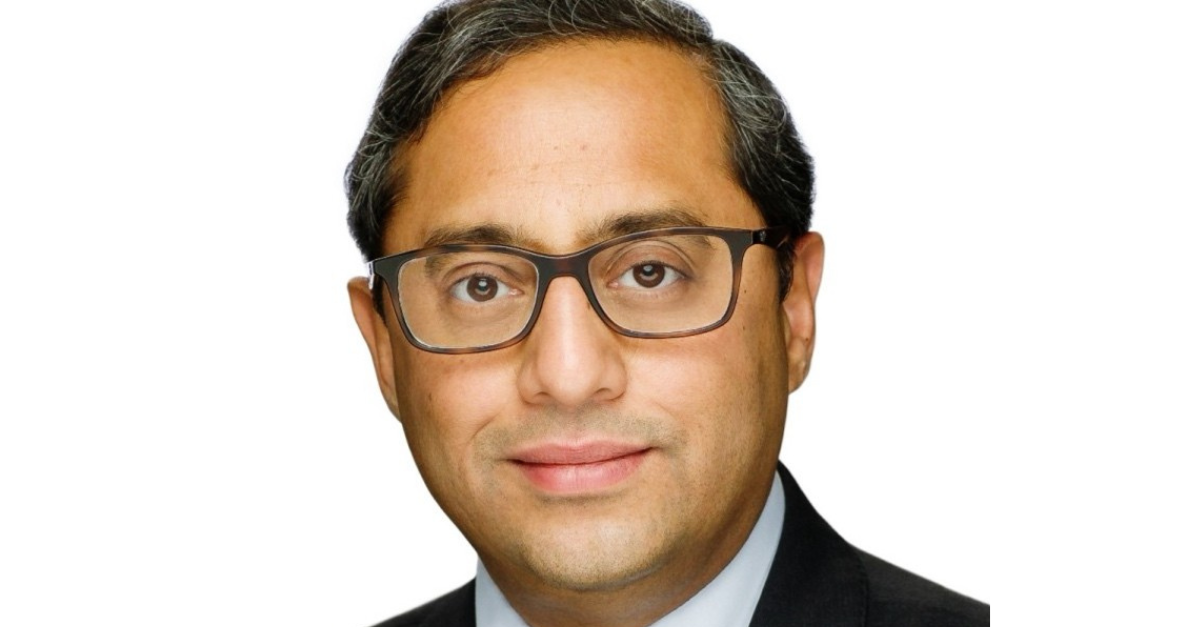Rural areas are quickly losing independent physicians and medical practices amid the corporatization of healthcare, a new report finds.
The report was commissioned by the Physicians Advocacy Institute (PAI), a nonprofit advocacy organization focused on fair and transparent payment policies. The research, conducted by Avalere Health, used the IQVIA OneKey database, which contains physician and practice location information on health system ownership.
The number of independent doctors in rural areas fell 43% from January 2019 to January 2024, with rural areas losing 5% of all practicing physicians. Meanwhile, people in rural areas had access to 11% fewer medical practices as of January 2024.
Nearly 9,500 doctors left independent practice in rural areas, predominantly in the Midwest and Northeast. States like Indiana, Massachusetts, New Jersey and Ohio lost more than 50% of independent docs.
This decline in rural healthcare providers has been primarily driven by a drop in independent docs and practices as well as the acquisition of these practices by hospitals and corporate entities, the report said.
“Small, independent practices have been the cornerstone of medical care for many people in rural areas,” Kelly Kenney, CEO of the PAI, said in a press release. “We’ve seen with rural hospitals that corporate acquisitions often lead to closures. We are concerned that this same profit-first approach will cause corporate owners to shutter rural practices that don’t produce high enough revenues, leaving patients without the access to care they need.”
More than 40% of independent medical practices closed or were acquired by hospitals, health systems or corporate entities like payers or private equity firms. Corporate entities nearly doubled ownership of practices in rural areas and employed 57% more docs compared to 2019.
Policymakers have already voiced concerns about consolidation and its potential to lead to healthcare cost spikes or declines in quality, the report noted. Beyond these, there may also be implications for healthcare access in rural areas, the report said. For instance, nonindependent owners may choose to close underperforming practices or scale back services, which would limit care.
“Given these potential consequences, ongoing monitoring and policy interventions may be necessary to ensure that rural communities maintain adequate access to healthcare services.
Publisher: Source link










